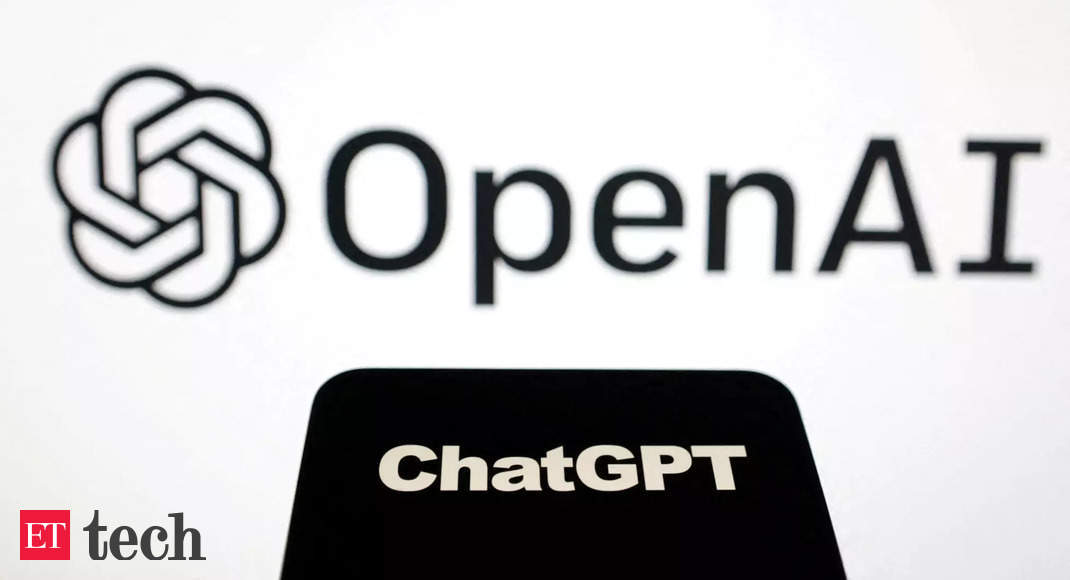Rapid advancements in artificial intelligence (AI) have raised concerns and prompted the need for global regulation, according to experts in the field. The surge in generative AI, capable of producing text, photos, and videos based on open-ended prompts, has generated excitement about its potential, but also fears about its impact on jobs, economies, and human lives. To address these challenges, AI experts argue for safety checks, proper maintenance, and the implementation of regulations. They point to the unchecked growth of social media platforms as evidence of the negative consequences that can arise without adequate oversight. Several countries, including the European Union, are already preparing regulations to tackle AI-related issues. For instance, the proposed AI Act classifies AI applications into different risk levels and imposes bans and assessments accordingly. In the United States, lawmakers have introduced AI-focused bills, seeking transparency and competitiveness in the field. Additionally, experts emphasize the need to guard against AI’s potential to enhance the power of nuclear weapons. Furthermore, the increasing power of AI poses a threat to jobs, as it may render certain skills obsolete, making it difficult for humans to transition to other industries. The Future of Life Institute, a nonprofit organization aimed at preventing catastrophic risks arising from advanced AI, has called for a pause on the training of AI systems more powerful than OpenAI’s GPT-4. The Institute warns of an uncontrollable race among AI labs to develop highly advanced AI systems with unpredictable behavior. In conclusion, experts urge for responsible regulation and caution in the development and implementation of AI to address the potential risks and challenges associated with its advancement. Staying informed about technology and startup news is essential to understanding and navigating this rapidly evolving field.











